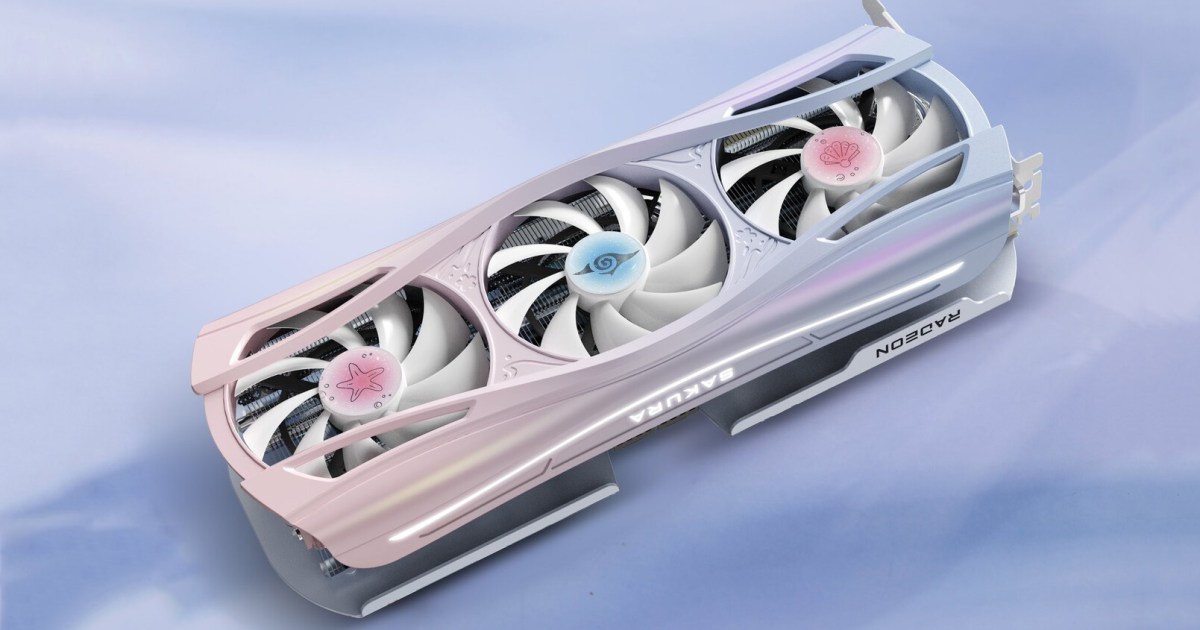The European Union is reassessing its dependence on non-European tech infrastructure, spurred by concerns over data security and market dominance. Over 80 signatories, representing nearly 100 organizations, have penned an open letter to the European Commission President, urging greater support for homegrown alternatives to established tech giants. This push towards a “Euro Stack” raises important questions: What are the potential implications of Europe achieving tech self-sufficiency, and how might it impact the global tech landscape?
One of the most significant benefits of this initiative is increased competition. A stronger European tech sector would challenge the current dominance of American companies, ultimately leading to better products and services for consumers worldwide. While the market may seem saturated with tech offerings, the reality is that true diversity is lacking. Consider search engines: beyond Google and Bing, most alternatives, such as DuckDuckGo and Qwant, rely on the very indexes they aim to compete with. This dependence creates a vulnerability – if these indexes became unavailable, alternative search engines would effectively cease to function.
Efforts are underway to develop independent search indexes, like Brave Search and the Qwant-Ecosia partnership. However, constructing a robust search index is a complex, time-consuming undertaking, and achieving parity with established players will require significant investment and development. This dependency on big tech extends beyond search engines. Major map software, AI models, LLMs, messaging apps, operating systems, browsers, and social media platforms are largely controlled by a handful of powerful corporations. Consumers purchasing a new PC often face a binary choice: Windows (Microsoft) or macOS (Apple). Similarly, the mobile phone market is dominated by Android (Google) and iOS (Apple).
Existing alternatives often fall short due to limited functionality, features, and support. Furthermore, many rely on the very infrastructure they seek to challenge, creating a cyclical dependency. Consumers are often steered towards established tech giants due to factors like availability, affordability, and convenience.
The European Union’s drive for digital sovereignty promises a more competitive and diverse tech ecosystem. By fostering local alternatives, the EU aims to provide its citizens and organizations with greater choice and control over their data. These alternatives, developed under the EU’s stringent data privacy regulations, are likely to become available globally. This would present users with a genuine choice regarding data privacy: to share or not to share, rather than simply choosing which company to share with.
In conclusion, the European Union’s push for a “Euro Stack” represents a significant step towards a more balanced and competitive global tech landscape. By investing in homegrown alternatives, the EU aims to address critical vulnerabilities, enhance data privacy, and empower consumers with more choices. This initiative has the potential to reshape the tech world, benefiting not just Europeans but users worldwide.











